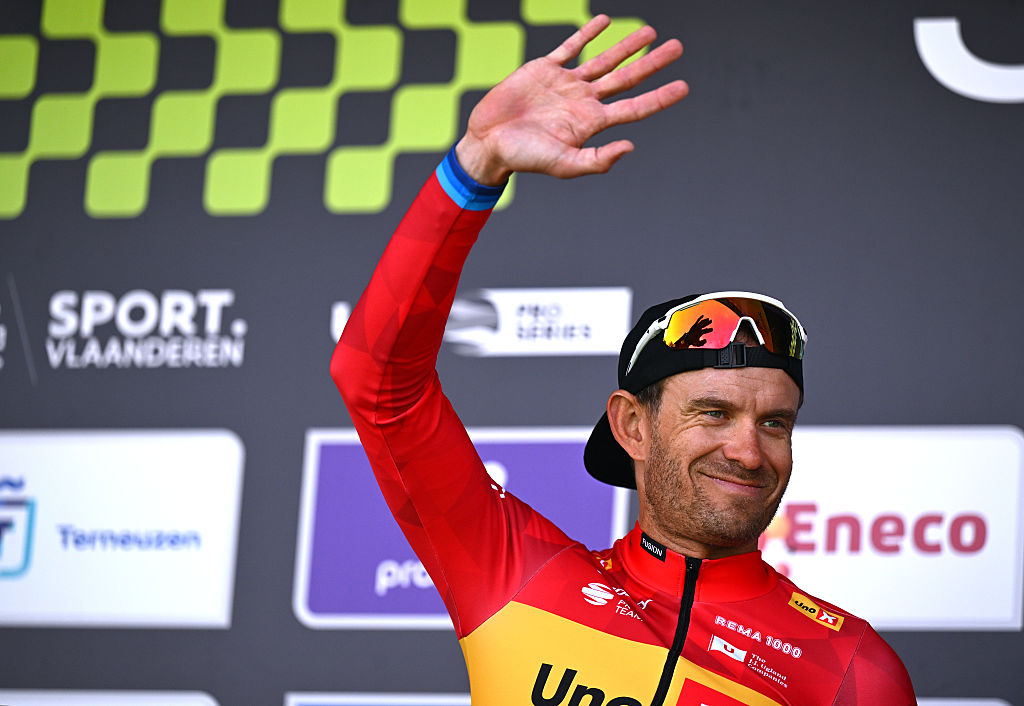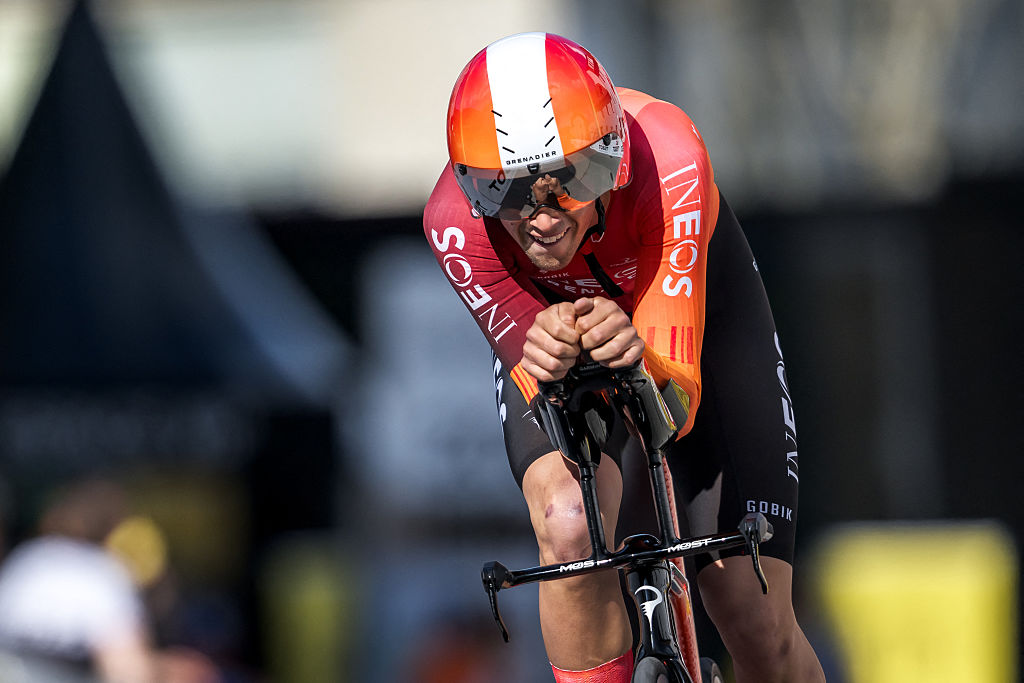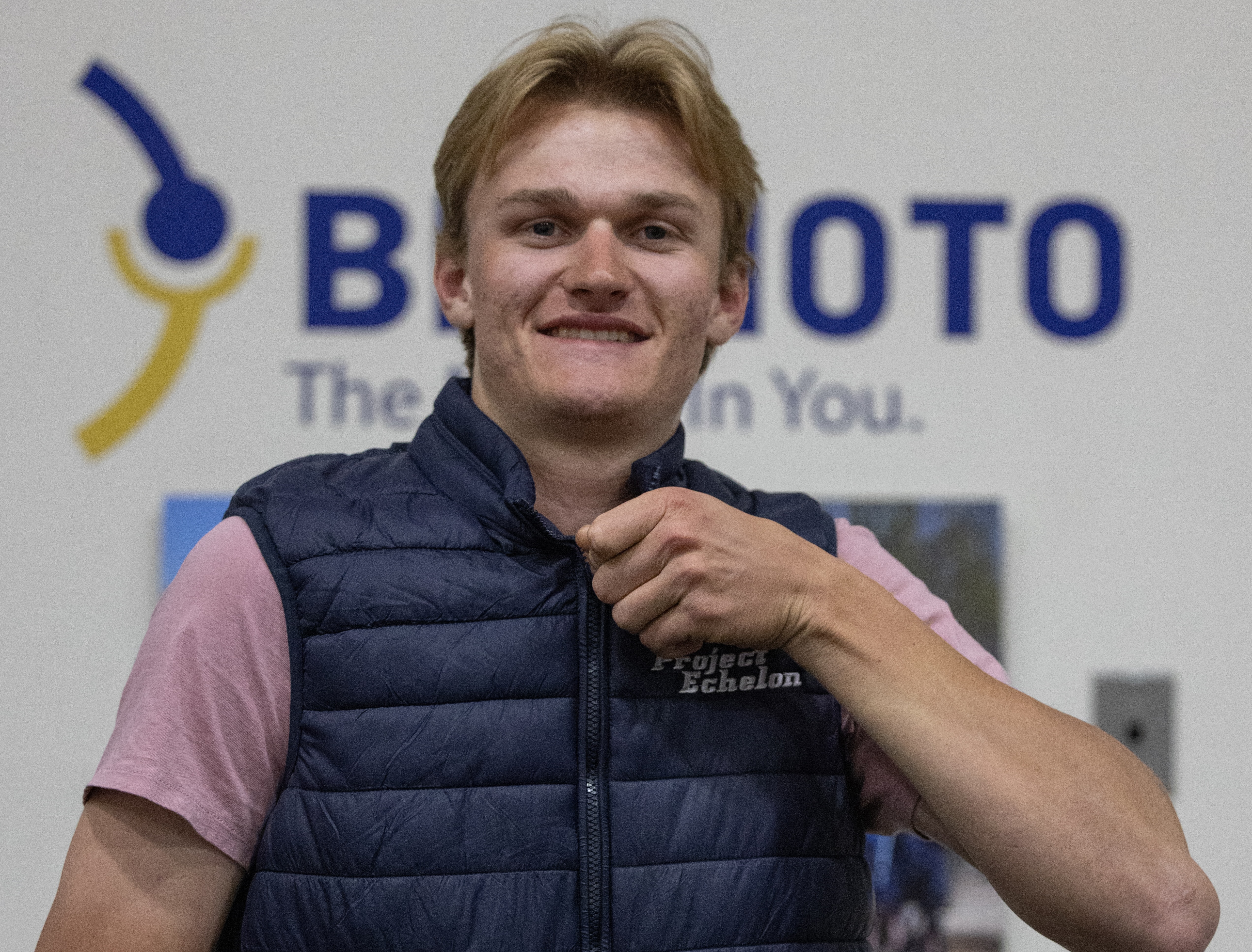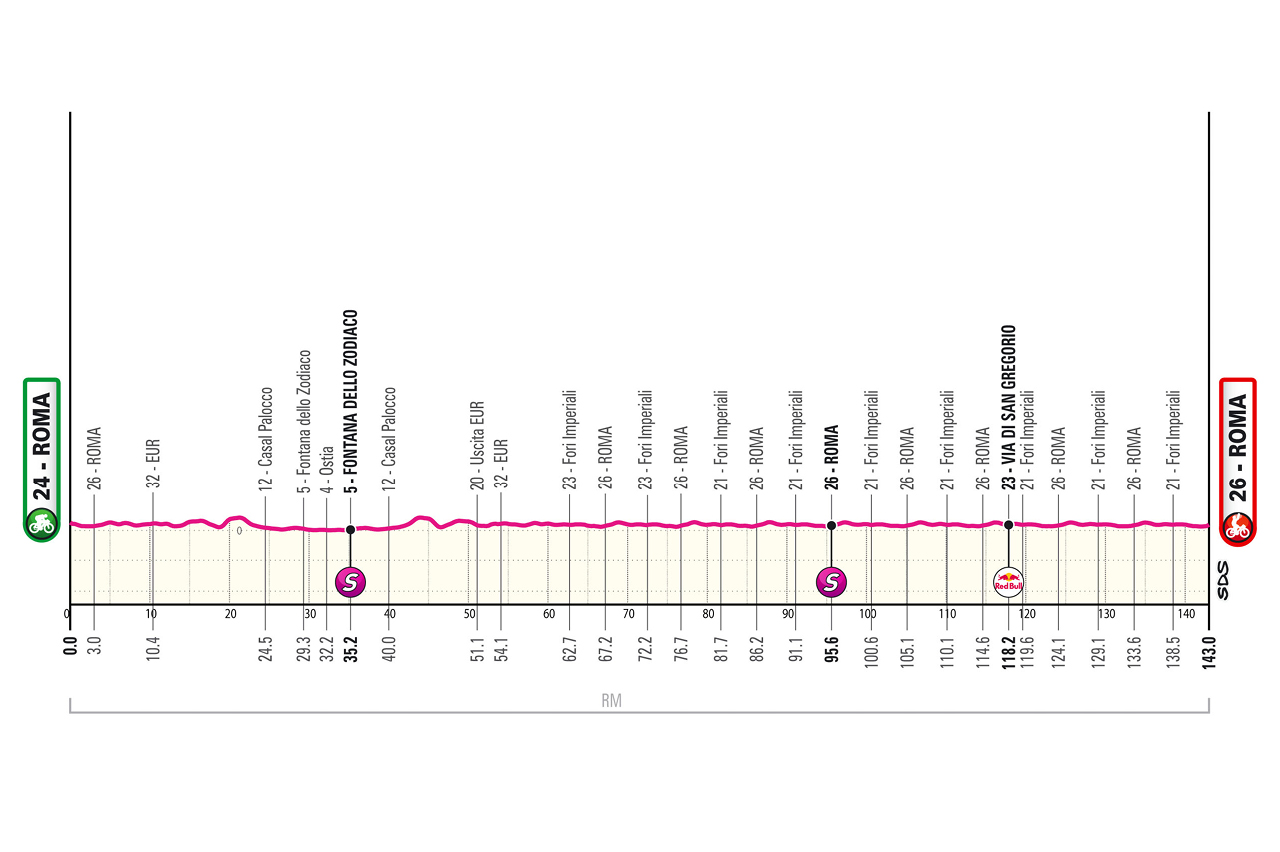Spaniards expected to dominate in mountainous Pais Vasco
Climbers delight as peloton face 28 ranked mountains in six stages
The 2010 Vuelta al Pais Vasco is expected to be a Spanish duel, with Samuel Sanchez (Euskaltel-Euskadi) and Alejandro Valverde (Caisse d'Epargne) the riders-most-likely to duke it out for the overall title. However, they may have to keep an eye on Katusha's Joaquín Rodriguez, who is coming off wins in the Tour of Catalunya and GP Miguel Indurain.
Astana's Alberto Contador, who has won the race the last two years, has chosen to skip this year's edition.
Robert Gesink of Rabobank will be another to test his legs in what is traditionally a climbers' race, and HTC-Columbia's Michael Rogers will hope to repeat his Ruta del Sol overall victory. They'll also go head-to-head with rival team captains, including Damiano Cunego (Lampre-Farnese Vini), Bradley Wiggins (Sky), Linus Gerdemann (Milram).
Saxo Bank's Andy and Fränk Schleck will join forces again for the race and RadioShack is sending its own powerful pairing, Andreas Klöden and Christopher Horner.
There won't be many chances in Basque mountains for the sprinters, but Rabobank's Oscar Freire has shown he can come over the climbs to take a win.
The 50th edition of the race starts off on Monday, April 5, 152 kilometres with start and finish in Zierbena. Things get seriously quickly, as the stage features five ranked climbs, all category two and three. However, the last climb is about 12 kilometres from the finish and the finale is flat.
Stage two will put the climbing legs to a test again, as it has two category three ranked climbs in the first 30 kilometres, followed by the category one Alto de Orduna. The middle section is full of unranked climbs until kilometre 154, when three more climbs appear. The stage takes 217 kilometres to run from Zierbena to Viana.
The sprinters may have a chance on the third stage, 187 kilometres from Viana to Amurrio. In addition to four ranked climbs, it features a descent of some 400 meters over 17 kilometres and comes 30 kilometres before the end of the stage. A category three ranked climb near the end gives way to a rolling run-up to the finish line.
Things don't get any easier in the fourth stage, as the peloton rolls 160 kilometres from Murguia Zuia to Eibar (Arrate). Near the start is an even more dramatic descent, as the course drops from 700 metres to 145 in less than 10 kilometres. That will just help warm up the legs for the rest of the race though: three category two climbs, one category three and two category one. The stage just misses out on a mountain-top finish, with the category one Alto de Uzartza coming two and a half kilometres before the finish line.
If things are any easier on the fourth stage, it is because there are only three each category two and three climbs. The stage is 170 kilometres from Eibar to Orio.
The Vuelta closes this year with a 22 kilometre individual time trial, which features a long gradual descent, with a few bumps near the end.
Get The Leadout Newsletter
The latest race content, interviews, features, reviews and expert buying guides, direct to your inbox!
Latest on Cyclingnews
-
'It's a bit of an obsession to reach 100 wins' - Alexander Kristoff to pass the baton to younger brother Felix Ørn-Kristoff and retire at close of 2025 season
Norwegian's 19-year-old sibling a stage winner in Tour de Bretagne this week -
Tour de Romandie: Sam Watson wins prologue
Briton tops Ivo Oliveira and Ivan Romeo for first WorldTour victory -
The rocky pathway into pro cycling - Troy Fields overcomes concussion, broken bones to restart career with 'unfinished business' at US Nationals
21-year-old is ready to rejoin the peloton after a Challenge Mallorca crash and time off from being struck by driver of a car while training -
2025 Giro d'Italia stage 21 preview
June 1, 2025: Roma-Roma, 141km



